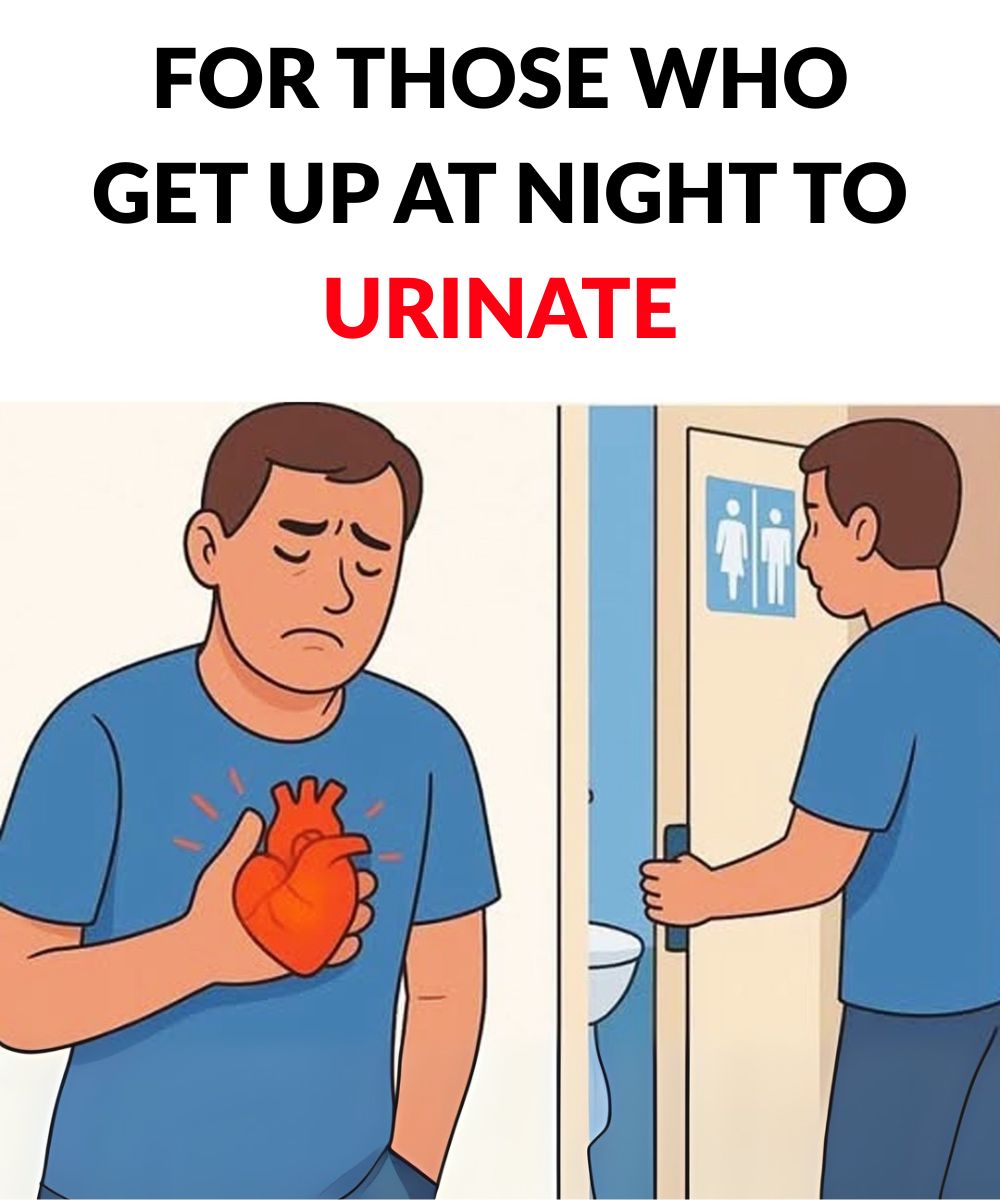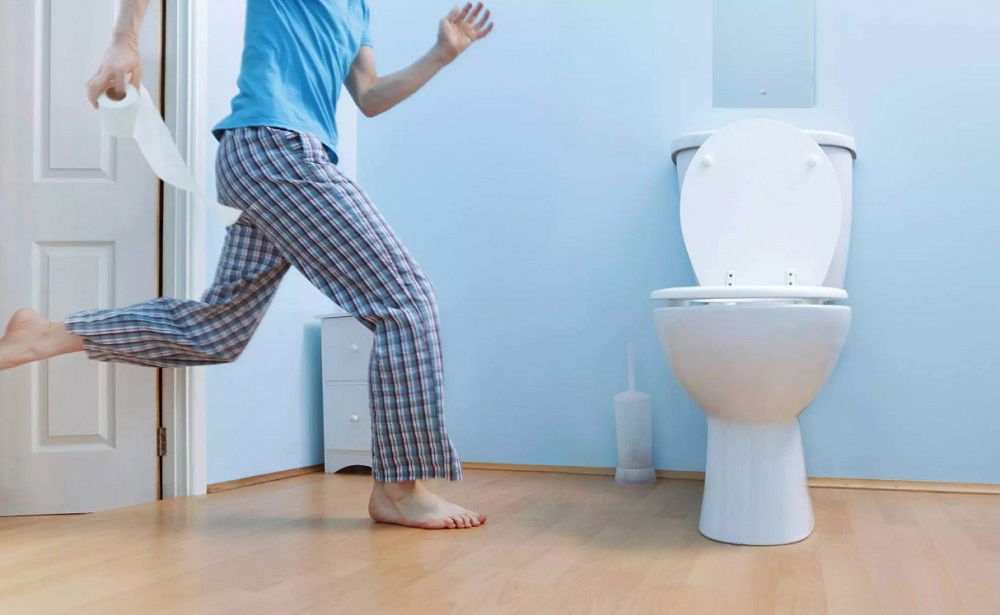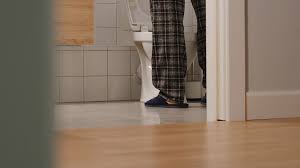Nighttime Urination: When Is It Normal, and When Should You Worry?
Most people shrug it off — that annoying midnight stumble to the bathroom. But what if your body is whispering a warning every time you wake up to urinate at night? While one trip here and there may not mean much,
repeated awakenings could point to health issues that need attention. Knowing the difference between “just part of life” and “time to see a doctor” is key to protecting both your sleep and long-term well-being.

What Exactly Is Nocturia?
The medical term for waking up at night to urinate is nocturia. It’s one of the most common sleep disturbances in adults and becomes more frequent with age. For many, a single nightly trip after drinking water, tea, or alcohol isn’t unusual. After age 60, changes in hormone production and reduced bladder capacity make it even more common.
But when nighttime urination becomes repetitive, disruptive, or paired with other symptoms, it may no longer be harmless.
Red Flags That Signal a Problem
You might need to pay closer attention if you notice:
Waking up two or more times every night consistently
Sudden or painful urges to urinate
Poor-quality sleep that leaves you exhausted during the day
Large amounts of urine output at night (nocturnal polyuria)
An increase in urination during both day and night

If these patterns sound familiar, your bladder may not be the real culprit — another health condition could be at play.
What Causes Abnormal Nighttime Urination?
Frequent nocturia can stem from lifestyle habits, medical conditions, or even medications:
Overactive Bladder (OAB): Uncontrollable bladder contractions lead to urgent urges.
Urinary Tract Infections (UTIs): Burning, pain, or discomfort often accompany frequent urination.
Diabetes: High blood sugar can trigger excess urine production.
Congestive Heart Failure: Fluids pool in the legs during the day, then shift into circulation at night.
Sleep Disorders: Insomnia and sleep apnea make you more aware of bladder signals.
Medications: Especially diuretics, or pills taken too close to bedtime.
Simple Lifestyle Fixes That Can Help
Not all cases of nocturia require medical intervention. Sometimes, a few adjustments make a big difference:
Cut back on fluids 2–4 hours before bed
Skip caffeine and alcohol in the evening

Elevate your legs during the day or wear compression socks if swelling is an issue
Always empty your bladder fully before lying down
Create a consistent bedtime routine to support deeper sleep
When to Call the Doctor
If your bathroom trips are becoming disruptive or worrisome, don’t dismiss them. Keep a bladder diary that tracks your fluid intake, urine output, and wake-up times — this gives your doctor valuable insight. Depending on your symptoms, tests may include blood sugar screening, urinalysis, or bladder function studies.

Bottom Line
Occasional nighttime urination is part of life, especially as we get older. But when it starts to rob you of rest or comes with other troubling symptoms, it’s your body’s way of asking for attention. Recognizing the difference between normal aging and possible illness can protect both your sleep quality and overall health.
👉 If you’re getting up multiple times a night, don’t just accept it — investigate it. Sometimes, those midnight bathroom trips are more than inconvenience; they’re clues.
